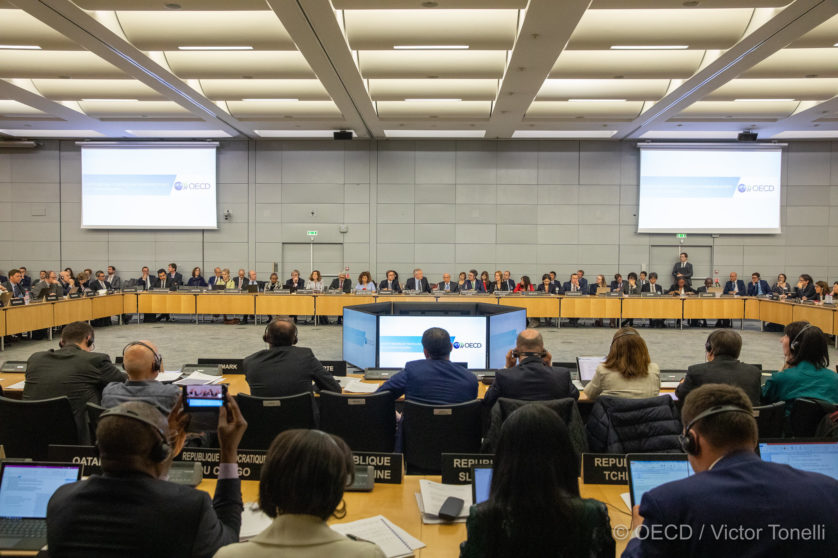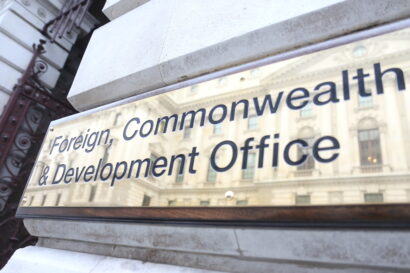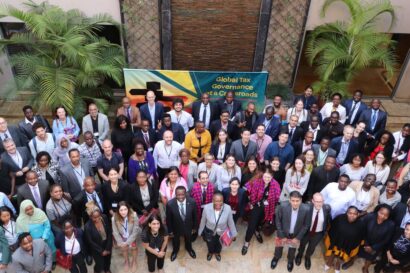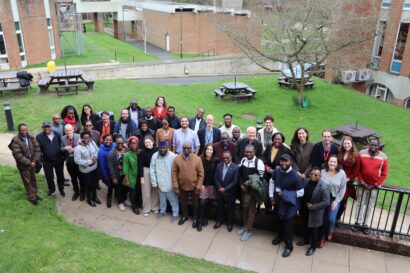Since the start of 2019, global discussions on corporate tax reform have proceeded under the auspices of the OECD and the G20. In October, the OECD secretariat published its “unified proposed” under Pillar One, aimed at providing a framework for a global redistribution of taxing rights. This proposal has been endorsed by both the OECD’s Inclusive Framework (in January) and the G20 Finance Ministers (in February) as the baseline for negotiations under Pillar One, on a “without prejudice” basis. Both forums have moreover agreed to proceed with discussions over a global minimum tax as set out in Pillar Two.
Most public attention, however, was drawn to bilateral discussions at the World Economic Forum’s annual Davos summit in January, which featured a ‘showdown’ between the representatives of the United States and their European counterparts, namely France and the UK, over the global tax reform agenda. Following threats of unilateral digital services taxes and tariff retaliation, a stalemate seems to have emerged, with all countries agreeing to continue discussion, yet significant uncertainty remains due to ongoing and fundamental disagreements between the negotiating partners. Next up is the Inclusive Framework’s summer meeting, pencilled in for early July in Berlin, where the OECD aims to have high-level political agreement on the main features of a new global tax deal.
The ICTD’s analysis highlights the challenges and opportunities for developing countries from taxing the digital economy.
- In a new policy brief, “Corporate Tax Negotiations at the OECD: What’s at Stake for Developing Countries in 2020?”, ICTD Research Fellow Martin Hearson that outlines the issues for lower-income countries with negotiation process and content.
- In the ICTD’s latest international tax working paper, “Addressing the Challenges of Taxation of the Digital Economy: Lessons for African Countries”, Solomon Rukundo of the Uganda Revenue Authority surveys countries’ tax policy responses to the digitalisation of the economy and considers their appropriateness to the African context.
- In his blog post, “The impact of Covid-19 on global digital tax negotiations”, ICTD Research Associate Rasmus Christensen discusses how Covid-19 will affect the politics and practice of global negotiations from the perspective of developing countries.



